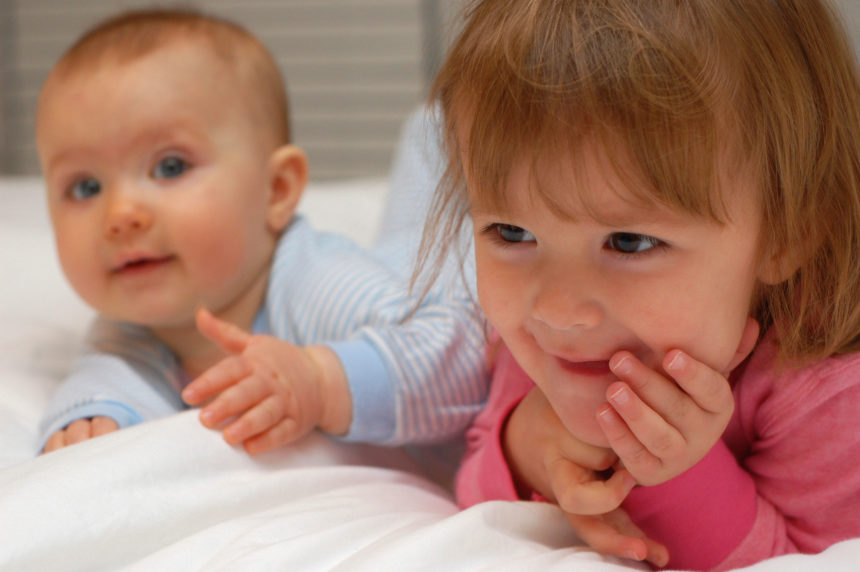At three months of age we discriminate between strangers who help, or instead hinder, others reach their goals and we prefer the former.
At three months of age we attempt to communicate with people who help others rather than with those who hinder them.
By one year of life we prefer people who hinder people who in turn previously hindered, on purpose, others rather than people who help them. However, if hindering was not done on purpose but was accidental then we no longer show this preference.
Infants attempt to help those in need and by the age of two they do so even if at a cost for themselves such as giving up something they enjoy.
Children under the age of two are saddened by someone in need of help and are gratified if they can help even if at a cost for themselves.
There is a relationship between empathy in the first years of life and antisocial behavior in teenage years. An infant who is indifferent towards someone in need is at higher risk of having behavioral issues later.
Domestic violence and witnessing abuses of various nature concur to the development of antisocial behavior in later life in those who have alterations in genes regulating social behavior. Without these alterations it is much more unlikely that these experiences will lead to antisocial behavior.
It is important to identify those children with reduced empathy and alterations of the relative genetic constitution so that preventive measures can be taken.


Leave a Reply